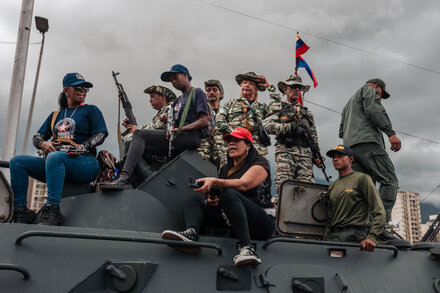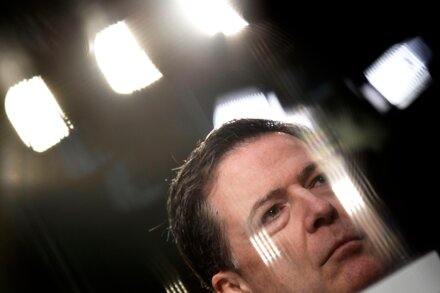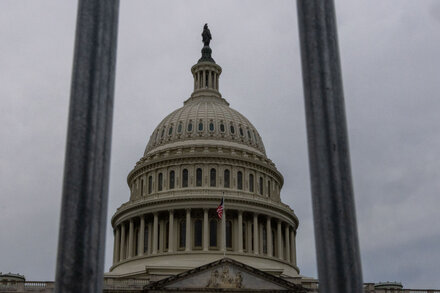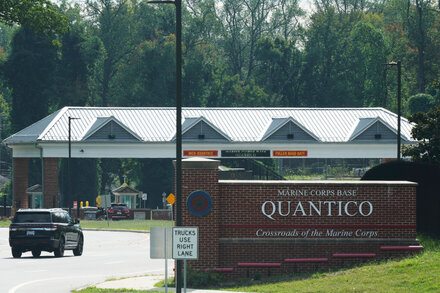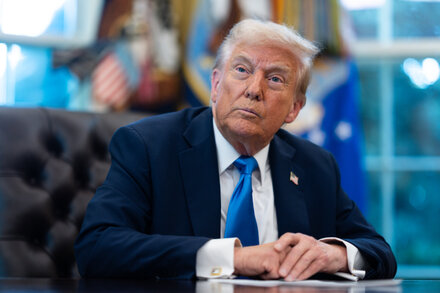Venezuelan President Nicolás Maduro faces multiple criminal charges in the United States, primarily centered on allegations of narco-terrorism, drug trafficking, and corruption. These indictments mark a significant escalation in the U.S. government’s efforts to exert pressure on his administration.
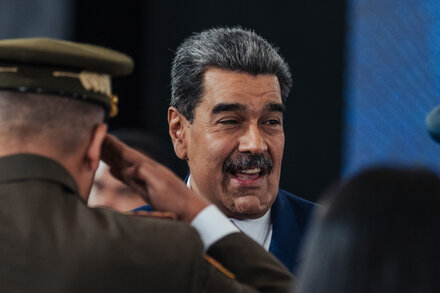
Venezuelan President Nicolás Maduro faces multiple criminal charges in the United States, primarily centered on allegations of narco-terrorism, drug trafficking, and corruption. The indictment, unsealed by the U.S. Department of Justice in March 2020, marked a significant escalation in the U.S. government’s efforts to exert pressure on Maduro’s administration, which it does not recognize as legitimate.
The charges, filed in the Southern District of New York and the Southern District of Florida, allege that Maduro and several high-ranking Venezuelan officials, often referred to as the “Cartel de los Soles” (Cartel of the Suns), engaged in a large-scale drug trafficking conspiracy for decades. Prosecutors claim that Maduro’s regime conspired with the Revolutionary Armed Forces of Colombia (FARC), a designated foreign terrorist organization, to transport large quantities of cocaine through Venezuela, destined for the United States.
“The Venezuelan people deserve a transparent, responsible, and representative government that serves their needs – not one that conspires with narco-terrorists to traffic cocaine and enrich itself,” stated then-Attorney General William P. Barr during the announcement of the indictment.
According to the U.S. Justice Department, the alleged conspiracy involved using Venezuela as a major transshipment point for cocaine production from Colombia, with Venezuelan state-controlled assets and military protection facilitating the illicit trade. The indictment details claims of Maduro’s personal involvement, including receiving payments from drug traffickers and directing the FARC’s operations in Venezuela.
In addition to the narco-terrorism and drug trafficking charges, Maduro also faces accusations of money laundering and corruption. These charges underscore the U.S. government’s assertion that Maduro’s rule is characterized by systemic corruption that undermines democratic institutions and contributes to the humanitarian crisis in Venezuela.
Reward for Information
Following the indictment, the U.S. Department of State announced a reward of up to $15 million for information leading to Maduro’s arrest and conviction. Similar rewards were offered for other Venezuelan officials indicted alongside him, including Diosdado Cabello Rondón, the head of the National Constituent Assembly, and Tareck El Aissami, Venezuela’s former Vice President and Minister of Industry and National Production.
Then-DEA Acting Administrator Dhillon emphasized the gravity of the accusations, stating, “This announcement is about the alleged egregious behavior of Nicolás Maduro and his cronies, which includes conspiring with the FARC to flood the United States with cocaine. Nicolás Maduro Moros has corrupted the institutions of Venezuela and brought misery to its people.”
The U.S. government’s decision to indict a sitting head of state is a rare and significant move, reflecting its firm stance against Maduro’s leadership and its support for a democratic transition in Venezuela. Despite the charges and the reward, the practical enforcement of an arrest warrant for Maduro remains challenging as he continues to hold power in Venezuela and is protected by his government and military.
Source: Read the original article here.
